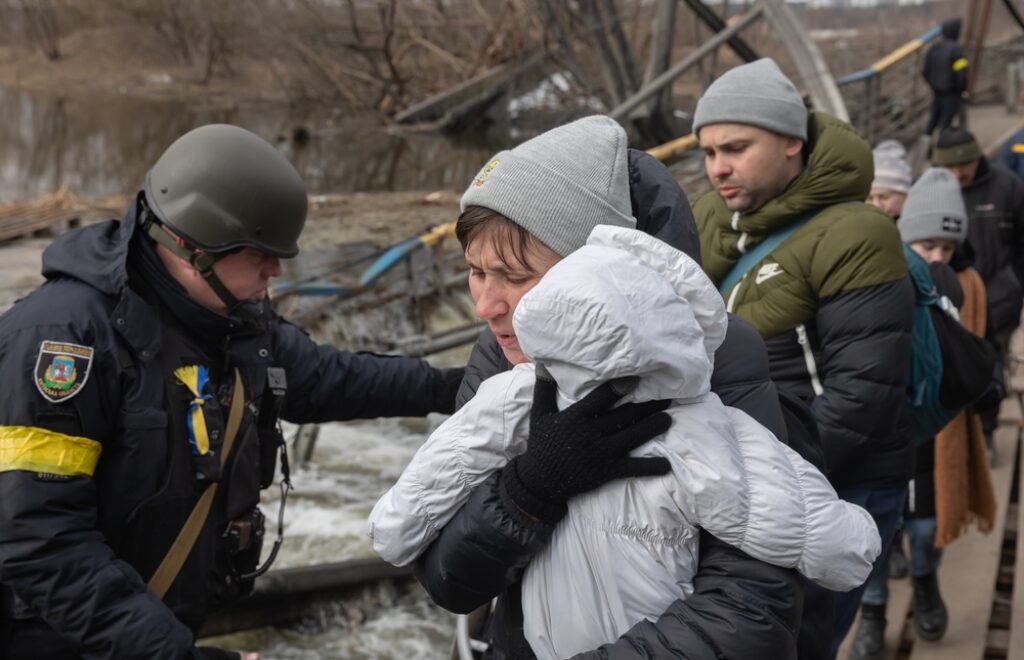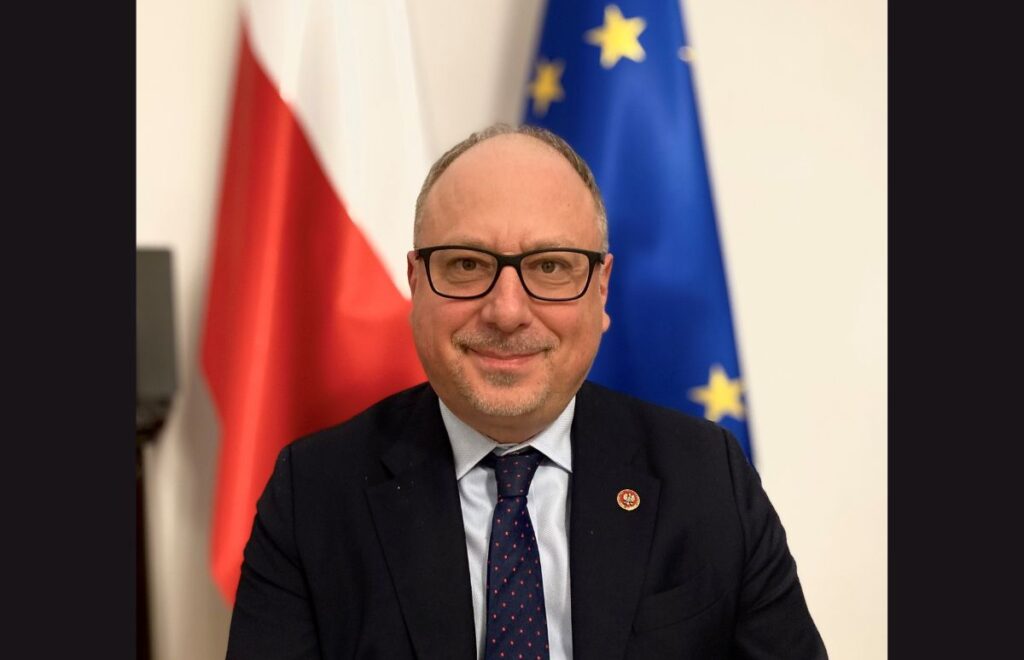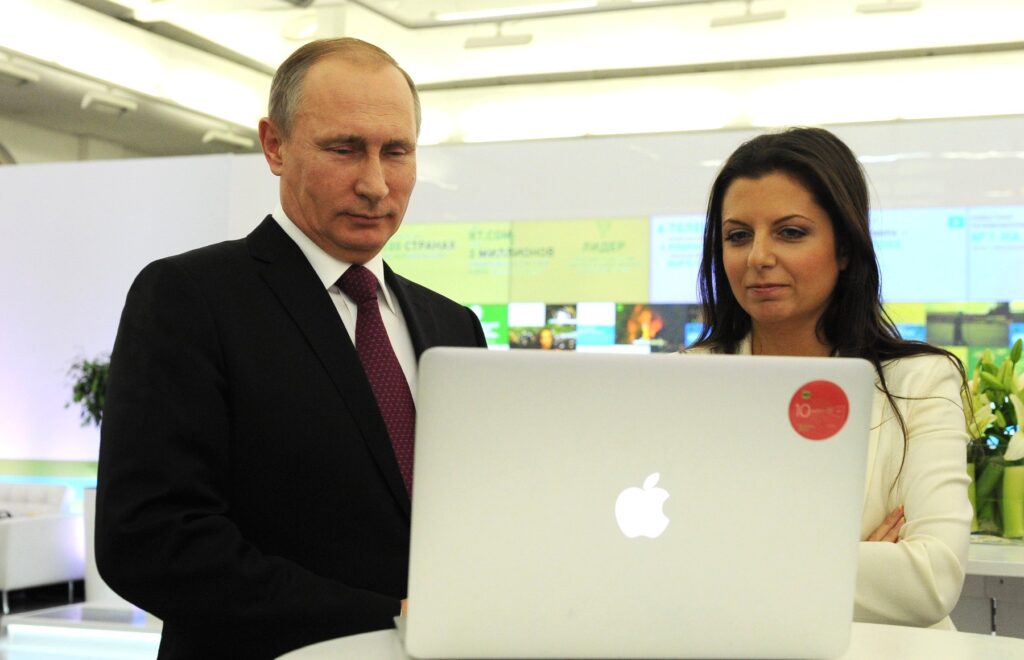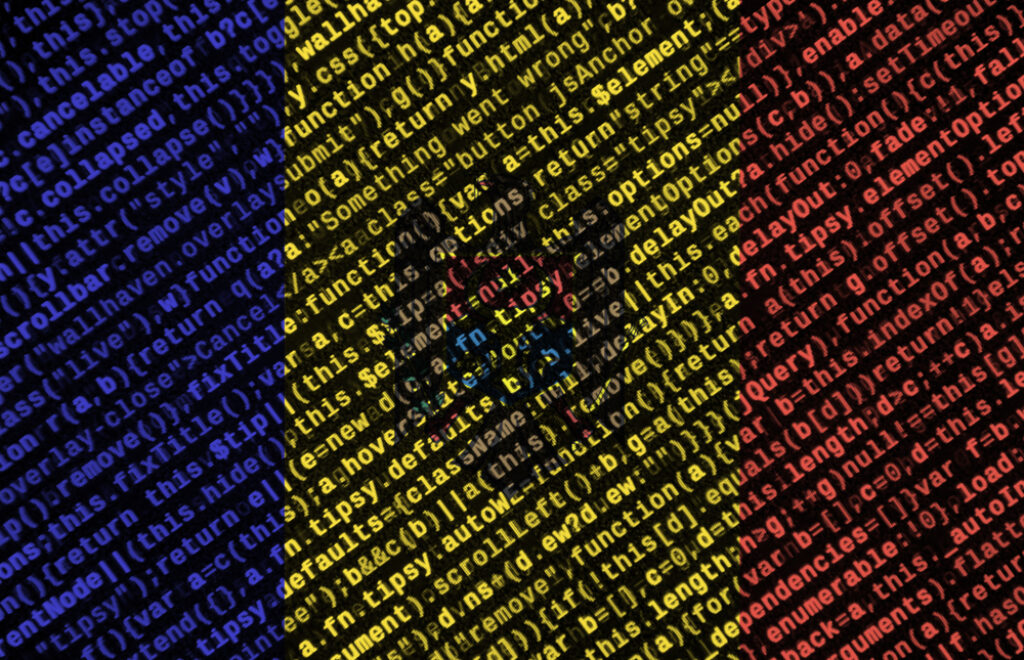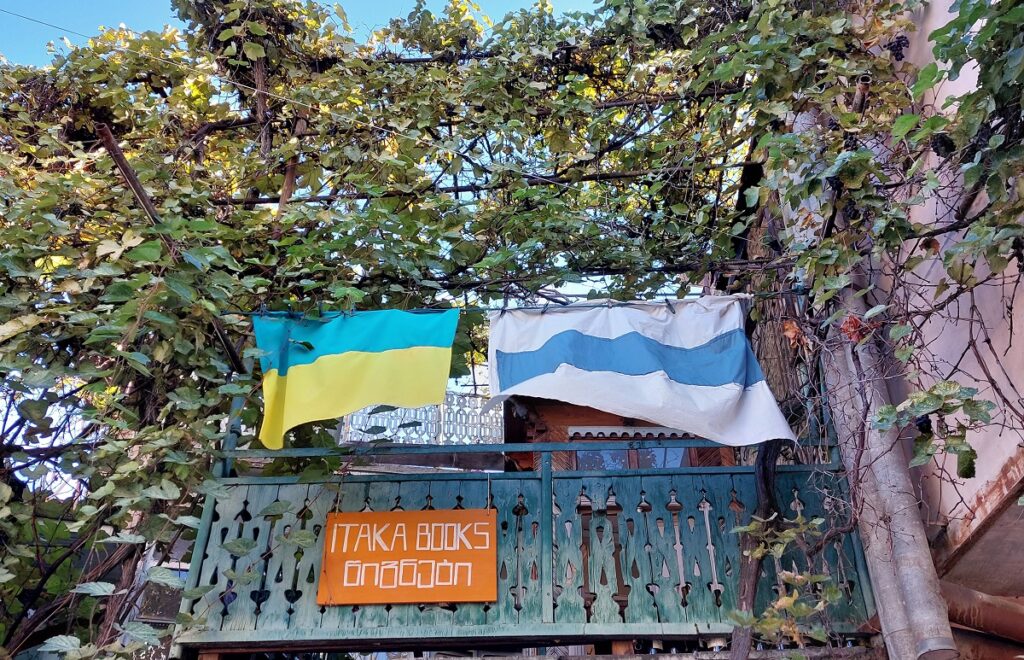How Hungary’s Russia connection undermines EU support for Ukraine
To the Hungarian Prime Minister Viktor Orbán, any measure is welcome to achieve his personal and inner circle’s objectives. While being a member of western institutions, such as the European Union and NATO, Orbán consistently seeks contact with autocrats from the East, particularly Xi Jinping and Vladimir Putin. This double-faced foreign policy benefits the Hungarian government in two ways: first, it helps to uphold its image as a credible actor on the world stage back home; and second, it ensures that Hungary continues receiving financial support and legitimation for its illiberal model of governance from outside of the EU.
February 15, 2023 - Gabriela Greilinger





